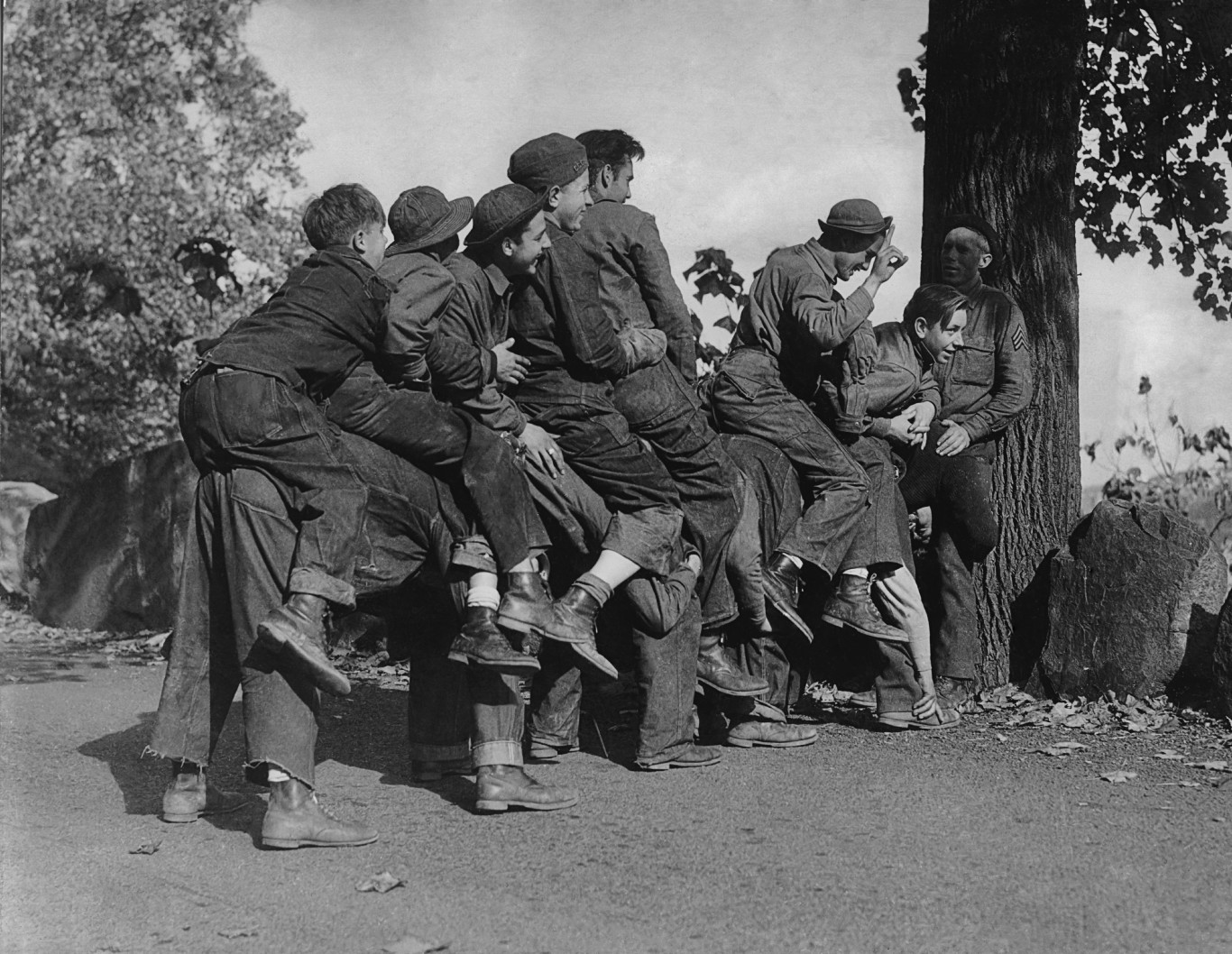A group from the Georgetown Public Policy Institute has come out with an extraordinary analysis of the labor market and its relationship to educational attainment. It is titled “The College Advantage: Weathering the Economic Storm.” The simple conclusion of the work is that people with high school degrees or less represented about four out of five jobs lost in the recession. People with a college degree or better largely were insulated from jobs loss. The study is hardly worth the paper it is written on. Most Americans could divine that educated people are much more useful to most employers than people who hardly have any marketable skills, other their ability to do physical labor or work in low-level retail jobs.
Part of the reason the undereducated lost so many jobs is that with their limited skills they were employed in substantial portion in the construction and housing markets — another obvious conclusion. Those jobs have not bounced back because home values continue to fall, mortgage barriers are high and foreclosures continue at a rapid pace. These jobs are not just down. They will not return soon, if they ever do, to the same level as during the housing boom.
The final major conclusion of the report is that the job erosion among the undereducated began before the recession. This makes sense. As people left college over the past several decades and employers had a choice between the educated and those who were not, they took the educated people.
What the report is much less aggressive in explaining is that just because college graduates can get jobs does not mean that they can get good ones. Getting a job does not mean getting a high wage. The fear that the current generation of young people will not do as well as their parents who are aged in their fifties and sixties persists, probably because it is almost certainly true. Productivity gains in most industries continue to allow companies to hire more temporary workers. And workers who have permanent positions tend to get benefits worse then they received just a few years ago. They also labor harder for less money. It is an employer’s market.
America’s current generation of people in their twenties with good educations are not a lost generation economically. They are just a financially crippled one. For people with relatively poor educations, the lost generation label may apply. But, no one should be shocked by that. People go to college to get good jobs. And those educated people are getting jobs. They are just not as good as the graduates expected.
Douglas A. McIntyre
It’s Your Money, Your Future—Own It (sponsor)
Retirement can be daunting, but it doesn’t need to be.
Imagine having an expert in your corner to help you with your financial goals. Someone to help you determine if you’re ahead, behind, or right on track. With SmartAsset, that’s not just a dream—it’s reality. This free tool connects you with pre-screened financial advisors who work in your best interests. It’s quick, it’s easy, so take the leap today and start planning smarter!
Don’t waste another minute; get started right here and help your retirement dreams become a retirement reality.
Thank you for reading! Have some feedback for us?
Contact the 24/7 Wall St. editorial team.




